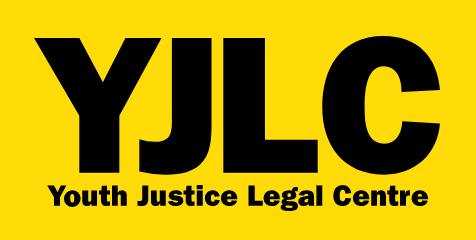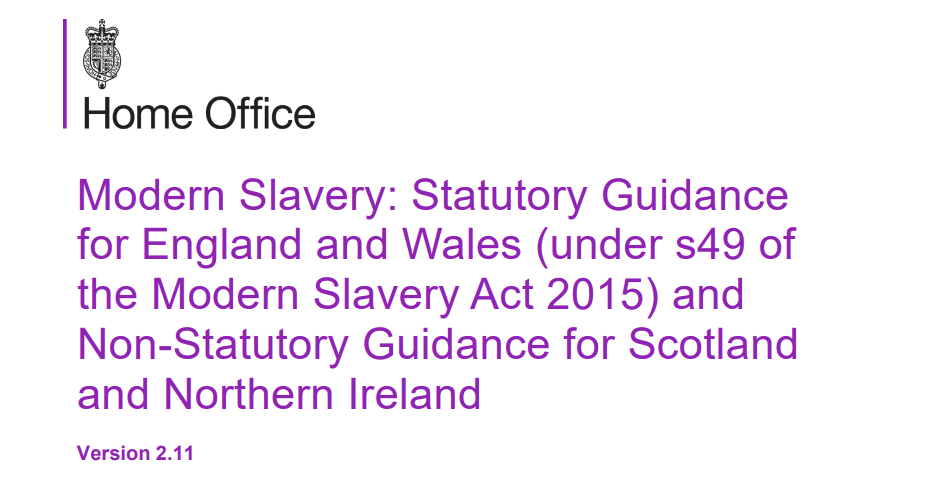Legal defences may be available to children and young adults who have committed crimes as a consequence of exploitation under section 45 of the Modern Slavery Act 2015. The All Wales Protocol states that any decision to prosecute a child or young adult should consider whether their actions were due to exploitation, human trafficking or modern slavery. If they might be, that person should be treated as a victim not as a criminal and a specialist lawyer should be consulted as to whether the non-prosecution principle in the Modern Slavery Act 2015 applies. Different rules apply for children and young adults.
The National Referral Mechanism (NRM) is a framework for identifying victims of human trafficking or modern slavery and ensuring they receive appropriate support. An NRM referral should always be considered if there are concerns that a child or young adult is being criminally or sexually exploited. Referrals are made through an on-line referral form. Only certain organisations, known as First Responders, can complete this form. Consent of potential victims for referral is not necessary for children but it is required for adults.
Full details about the NRM system for England and Wales, together with a list of First Responders, is available here.
Independent Child Trafficking Guardians (ICTGs) are an independent source of advice for trafficked and exploited children and somebody who can speak up on their behalf. From May 2021, ICTGs are available in two-thirds of local authorities in England and Wales. Where the ICTG service has been implemented, if the first responder considers a child to be a potential victim of modern slavery, they should refer them to the ICTG service by completing the online referral form in English or in Welsh. This is in addition to following usual safeguarding routes and NRM referrals. More information about this service is available from the Home Office (here). There is a one-page leaflet about Barnardo’s ITCG service which can be shared and printed off.

